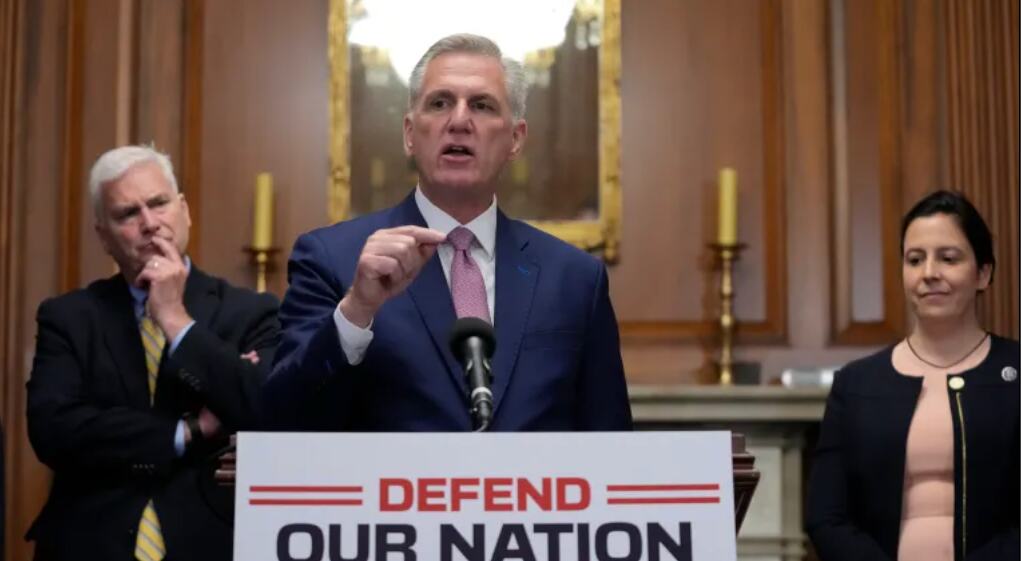House Republicans Pass Controversial NDAA Amendments: Anti-LGBTQ Stance and Assault on Military Equality Sparks Outrage
House Republicans have faced criticism for passing controversial amendments to the NDAA, including anti-LGBTQ measures and restrictions on reproductive rights, exposing partisan divisions and priorities within the Republican Party.
House Republicans have passed a series of controversial amendments to the National Defense Authorization Act (NDAA) that have drawn criticism from Democrats and advocacy groups.
The anti-LGBTQ amendments, introduced by Republican representatives, undermine protections against race and LGBTQ discrimination in the military, restrict abortion access, and deny essential healthcare to transgender service members and military families.
Furthermore, the amendments seek to eliminate access to healthcare programs for trans and gender nonconforming youth, ban drag shows and the use of drag queens as digital ambassadors, and prohibit the display of Pride flags on military installations. Democratic leaders have condemned the amendments, stating that they contradict the originally bipartisan and pro-equality NDAA.
They argue that the amendments perpetuate bigotry and ignorance, harm recruitment efforts, and weaken the nation's defense and security. Criticism of the amendments also extends to their negative impact on the quality of life for service members, with concerns raised about issues such as housing affordability, childcare, and food security.
The bill's passage reflects the divisive nature of politics in the United States and offers insight into the priorities and ideologies of the Republican Party in anticipation of the 2024 election.
Although the bill is unlikely to succeed in the Democrat-controlled Senate, it demonstrates the continuing battle between moderates and the far-right within the Republican Party. While the bill includes the desired military funding sought by President Joe Biden and a salary increase for military members, it also contains provisions that dismantle diversity and inclusion programs, restrict reproductive rights, and inject politics into the military.
The debate surrounding the legislation has been marred by controversy, with instances of racially insensitive language being used by Republican representatives. Additionally, hundreds of military promotions have been blocked by a Republican senator as a result of the Pentagon's funding for reproductive rights.
Overall, the passage of the amendments and the subsequent backlash highlight the ongoing political polarization and partisan divisions surrounding defense funding and social issues in the United States.




